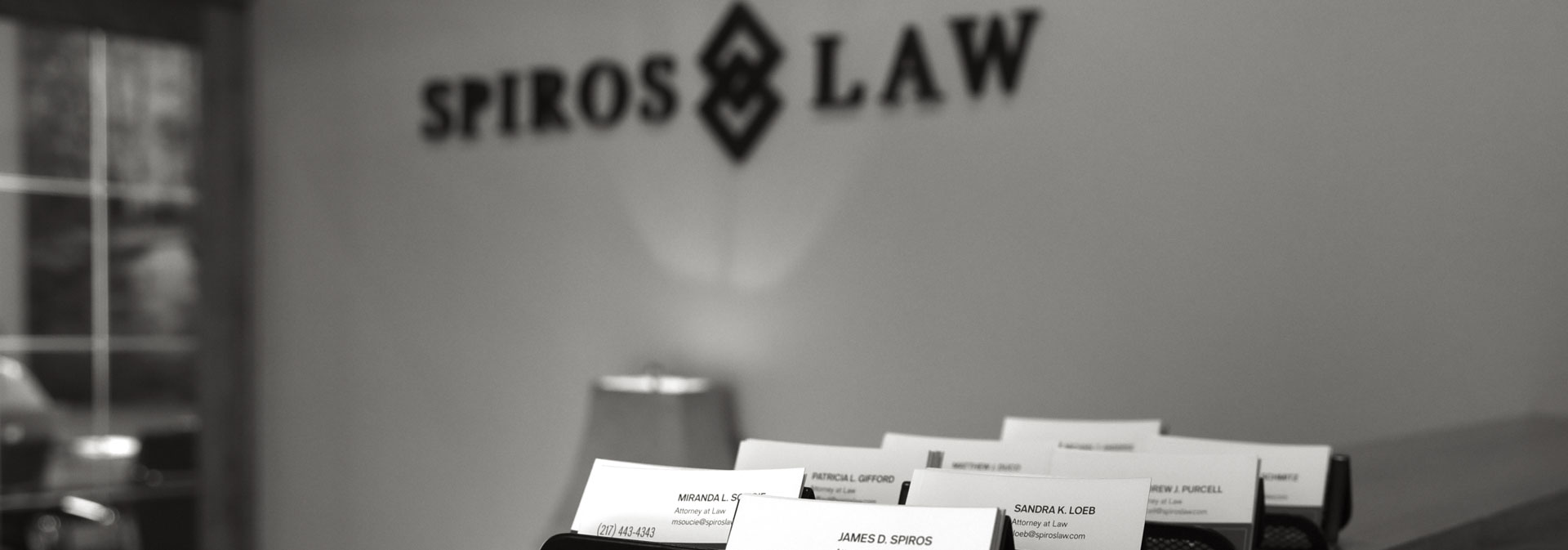CILAs are supervised homes where up to eight individuals who are at least 18 years of age with mental illness or developmental disabilities can reside together. Residents of CILAs receive personal support services, the support of a community support team with a local agency, and individualized residential habilitation. Habilitation helps individuals attain and improve skills for daily living.
Some CILA participants can remain living in their homes with their families. While the program doesn’t directly provide housing in this situation, it offers essential resources to aid individuals in their journey toward independence and personal development.

Types of CILA Living Arrangements
There are several types of Community Integrated Living Arrangements, each designed to provide different levels of supervision and support based on the residents’ needs.
To determine the proper living arrangement, the CILA program will thoroughly assess the individual’s condition and ability to perform daily tasks independently. Residents then receive an individual integrated services plan for support services and are matched with the best CILA living arrangement for their needs.
The following are some examples:
- Adult Foster Care: An individual lives in the home of a non-relative family member who provides care and support.
- 24-Hour Care: Residents live together in a facility with around-the-clock, on-site supervision.
- Intermittent Care: Residents live together in a facility with intermittent on-site supervision.
What Services Must a CILA Program Provide?
A CILA program must provide residents with safe, stable, community-integrated housing and guide individuals toward self-sufficiency and economic independence.
Depending on the individual’s needs, the CILA program may provide the following assistance:
- Locating and obtaining education, vocational training, or employment
- Ensuring necessary medical attention, rehabilitation services, and therapy
- Developing independent living skills, including bathing, housekeeping, cooking, etc.
- Financial literacy and money management training
- Securing transit needs
- Locating opportunities to participate in recreational, religious, and social activities
While CILA homes are designed to provide a safe, nurturing environment, they are unfortunately not always free from harm. Residents have rights and should be able to live safely and securely in their independent facilities. The Illinois Department of Human Services regulates CILAs under the Community Integrated Living Arrangements Licensure Act, ensuring residents with developmental disabilities are protected from discrimination, neglect, and abuse.
What Types of Abuse Occur in CILA Group Homes?
CILA group homes are intended to offer safe, inclusive group homes where residents can one day live as independently as possible. Like nursing homes, CILA group homes have been subjected to abuse and neglect.
Nursing home abuse cases bear striking similarities to CILA group home abuse cases.
Both instances involve vulnerable citizens who often cannot self-advocate, often at the hands of those entrusted to provide care and foster growth.
CILA abuse can occur in various forms, such as
- Physical abuse: Deliberate or malicious physical contact causing bodily harm such as bruises, cuts, fractures, etc.
- Emotional abuse: Degrading, intimidating, or threatening words or actions that may cause emotional distress.
- Sexual assault and abuse: Any sexual or intimate conduct inflicted on a resident by an employee. It also includes actions such as exposing oneself or displaying pornographic materials.
- Financial exploitation: Gaining access to a resident’s money or property through theft, manipulation, or coercion then using it for personal monetary gain.
- Neglect: The failure to provide adequate care and supervision for individuals

How a CILA Abuse Attorney Can Help You Seek Justice
CILA abuse can result in life-threatening physical injuries and long-term psychological damage that hinders growth and development.
If you suspect abuse or neglect has occurred in a CILA facility, seek legal assistance from an experienced CILA abuse attorney in Illinois. They can investigate and gather crucial evidence, guide you through the complex legal and healthcare systems, and hold negligent caregivers and institutions accountable. The help of a CILA abuse attorney is essential to preventing further harm and securing fair compensation for victims.
Victims of abuse in a CILA may be entitled to recover significant compensation for damages, including:
- Pain and suffering
- Medical expenses
- Moving expenses
- Lost wages
- Loss of enjoyment of life
- Loss of society
Take Action Today: Contact A Personal Injury Law Firm You Can Trust!
Spiros Law is committed to serving our clients by protecting and preserving their rights and actively supporting legislation to protect Illinois CILA residents.
Group home abuse or neglect could occur at the hands of other residents or caregivers and will likely escalate if action is not taken. Our experienced team of personal injury attorneys recognizes the delicate nature of these cases, handling each situation with compassion and legal knowledge to help injured persons receive the compensation they deserve. Don’t wait – schedule a consultation today with Spiros Law.
Our reputation as one of Central Illinois’ premiere personal injury firms has been earned by effectively and aggressively representing our clients, providing trusted legal knowledge for cases ranging from auto collisions to nursing home abuse, medical malpractice, and more.
We proudly serve clients throughout Illinois, with offices conveniently located in Champaign, Kankakee, and Danville.


